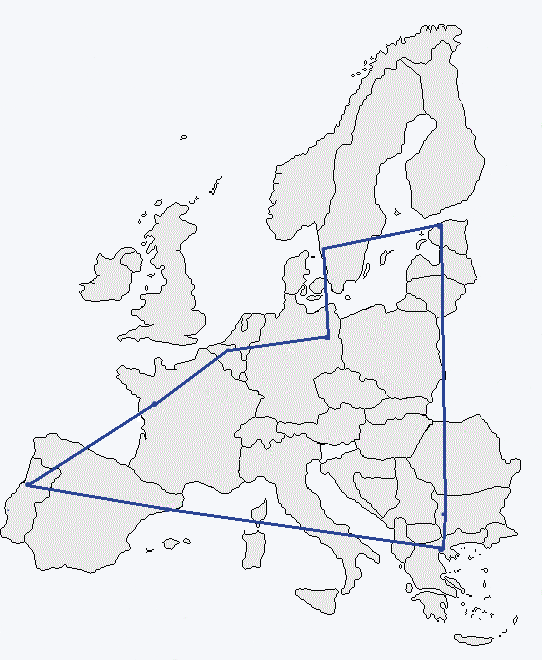
Boosting the Frequency of Qualification
Boosting the Frequency of Qualification
European cities face higher levels of Early Leaving from Education and Training (ELET) than their national averages, meaning that some urban areas have more ELET rates, than the countryside areas - contrary to the national trends of these cities' countires. This represents a serious challenge, as ELET has significant societal and individual consequences, such as a higher risk of unemployment, poverty, marginalization and social exclusion. Tackling this issue means breaking the cycle of deprivation and the intergenerational transmission of poverty and inequality.
Latest articles
Get in touch!
Arwen Dewilde
City of Ghent

Network outputs
Timeline
2016
Phase 1 kick-off
2017
Phase 2 kick-off
2018
Phase 2 development
2019
Final event
Operational Implementation Framework
Within an Implementation network, the Operational Implementation Framework is a local output, specific to each city, produced within the URBACT Local Group. It is the final product that describes the challenges project partners have faced when implementing their plan, what approach was used to overcome them and the lessons learnt from the process. In a nutshell, this document includes the description of the context and specific barriers keeping cities to reach successful implementation, alongside the capabilities, tools, skills and methods that were developed and how they come together. At last, it captures the knowledge that the partners had either acquired or deemed as necessary throughout their URBACT journey, providing a consistent framework to tackle future projects.
-
 Ghentpdf 343.12 ko
Ghentpdf 343.12 ko -
Berlinpdf 429.15 ko
-
 Gothenburgpdf 679.73 ko
Gothenburgpdf 679.73 ko -
 Tallinnpdf 710.42 ko
Tallinnpdf 710.42 ko -
 Sofiapdf 375.93 ko
Sofiapdf 375.93 ko -
 Ampelokipi - Menemenipdf 1.54 mo
Ampelokipi - Menemenipdf 1.54 mo -
 Aveiropdf 1.23 mo
Aveiropdf 1.23 mo -
 Barcelonapdf 2.75 mo
Barcelonapdf 2.75 mo -
 Nantes
Nantes

